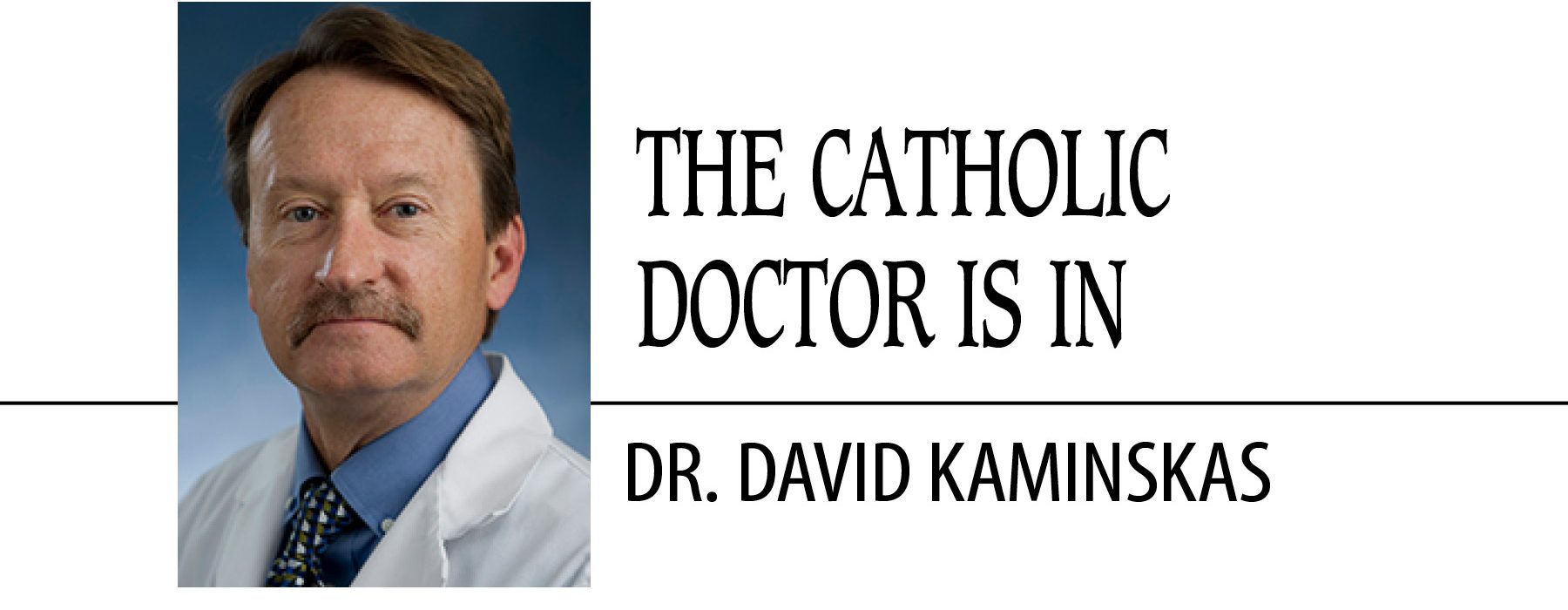March 13, 2019 // Perspective
Causes of sudden cardiac death in the young
In last month’s article, I discussed the amazing recovery of a young man who was resuscitated from a cardiac arrest. He had a congenital coronary artery anomaly as the cause. This article will explore other etiologies of why young men or women suddenly die, or what doctors call “Sudden Cardiac Death Syndrome.”
Every few years we hear about the tragic death of a young athlete who collapses and dies during a sports activity. One of the most common causes of this is Hypertrophic Cardiomyopathy. This is usually familial. In this disease process, the left ventricle becomes too thick (hypertrophied), and this thick muscle can obstruct the flow of blood out of the heart. Areas of scar in the heart muscle can develop and be the source of electrical abnormalities leading to fatal cardiac arrhythmias like ventricular fibrillation or ventricular tachycardia. This is more likely to occur during high levels of exercise, as in competitive athletics. Usually there is an abnormal EKG or a murmur on a physical exam, and it is hoped that this might be picked up during a sports physical. An echocardiogram usually will give a definitive diagnosis or exclusion, if needed.
Another cause of sudden death is the Long QT Syndrome. This is a hereditary cardiac disease which is manifested by a significant chance of fatal heart arrhythmias (polymorphic ventricular tachycardia). It is usually easily picked up by a standard EKG. Until 1957 this fairly rare disease process was not yet discovered and defined. Certain families that had a history of losing some of their young women and men suddenly had no idea why. Many of these families recognized that a sudden startle could trigger their loved one’s demise. There were actual families that outlawed alarm clocks, ringing phones or any other cause of an unexpected startle that could lead to a cardiac arrest. When I was in training years ago, my professor shared an incredible case of identical twin girls who had Long QT Syndrome. One of them, tragically, died suddenly; and when the other twin was informed of her sister’s death, she too collapsed and died of the same cardiac arrhythmia — instantaneously. This diagnosis is much more common in women than men.
A few years ago, I diagnosed Long QT Syndrome in a 22-year-old woman. Her aunt had died suddenly at age 26. When there is a family history of sudden death, it means there is a higher chance for other family members with the same diagnosis to die suddenly as well. There are medications used to reduce the chance of these fatal cardiac arrhythmias in this syndrome, but they are a long way from being foolproof. Therefore, to protect these people sometimes an Implantable Cardiac Defibrillator is recommended.
In the case of this particular lady, my colleagues and I struggled to decide if we should recommend an ICD for her at such a young age. ICDs can get infected, malfunction and even give inappropriate shocks, so it is a big decision. After much shared decision-making, we decided to place an ICD to be sure we would prevent this young lady from dying suddenly of a ventricular arrhythmia. Several years later I received a phone call from her family doctor, who told me she had passed out and had been successfully shocked out of polymorphic ventricular tachycardia — something that would have been a fatal event for this young lady. Only then did I know we had made the right call.
Another cause of sudden death is myocarditis. This is a viral infection of the heart that is not all that uncommon. During the acute illness there is inflammation of the heart, and there can be transient deterioration of the left ventricle leading to fatal arrhythmias. Symptoms may be similar to a flu-like illness, or it may just feel like a bad cold. Young athletes not wanting to let their team down may just push through their illness, continue to play their sport at a high level of intensity and end up dying from a sudden fatal arrhythmia.
These are some of the most common causes of sudden cardiac death in the young. There are certainly more, but I have tried to review the most common ones. This discussion was not meant to scare, but to educate. The chance of a cardiac arrest occurring in a young man or women participating in athletics is about 1/100,000 per year. None the less, I strongly recommend that Automated External Defibrillators be available at every major sporting event to reduce the chance that there could be a fatal event in one of our young loved ones. As the book of Ecclesiastes reminds us: “Why should you die before your time?”
The best news. Delivered to your inbox.
Subscribe to our mailing list today.






